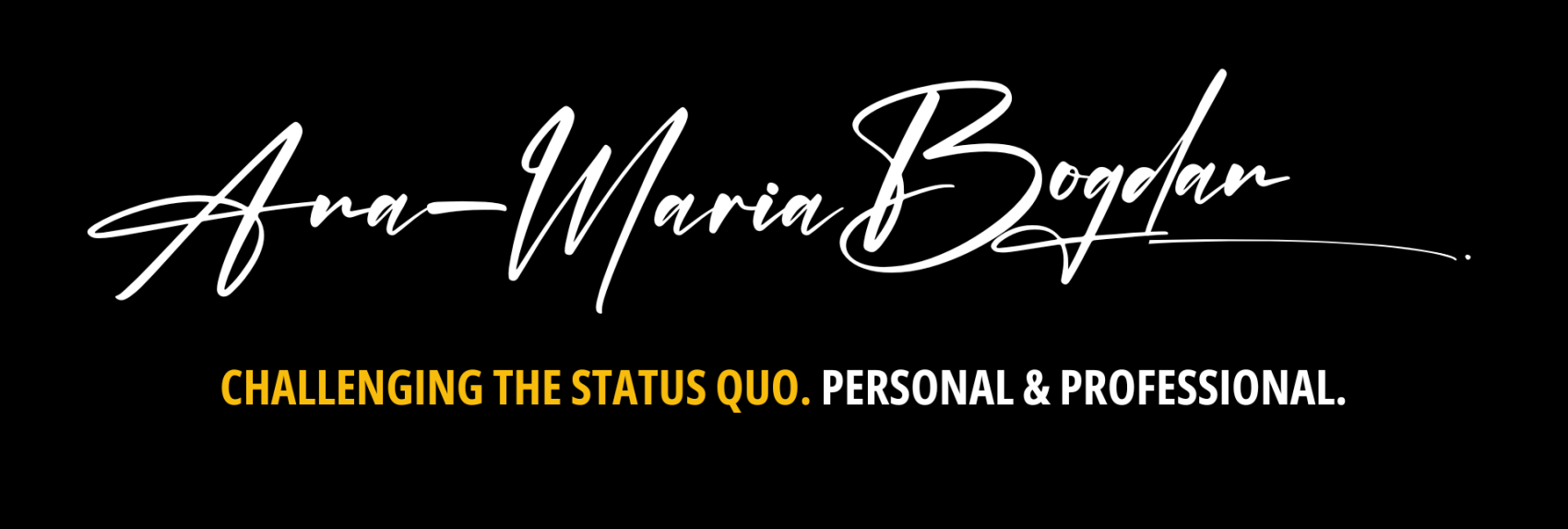Humor was a way of rebellion and survival at the same time. An escape of the mind and soul, a way of coping with all those absurd and restrictions imposed by a communist regime who …
Tag:
Humor was a way of rebellion and survival at the same time. An escape of the mind and soul, a way of coping with all those absurd and restrictions imposed by a communist regime who …


Keywords defining the work I do: CONSULTANCY – #digital, #marketing, #content, #changemangement
HEALING THERAPIES – #alternativetherapy #spirituality #personaldevelopment
HANDMADE JEWELRY
Get to know me better!
@2015-2025 – Ana-Maria Bogdan. All Right Reserved.